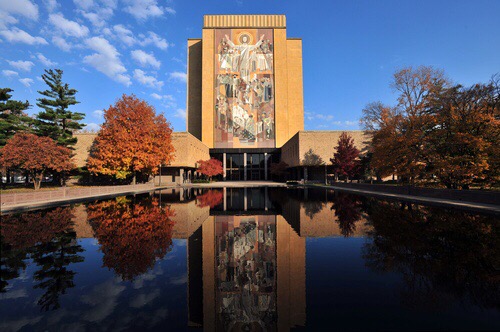
Educating Character Through the Arts
University of Birmingham Conference Centre, 19th-21st July, 2018
Open Call for Abstracts
From antiquity to the present, the virtues – construed in terms of such excellences of character as honesty, fairness, compassion and courage – have been widely regarded as integral to human moral life. But how might human agents – particularly the young – come to understand, or acquire, virtuous character? While many might nowadays look to empirical psychology or neuroscience for pathways to understanding and cultivating virtuous character, the arts might seem to offer a more time-honoured source of insight into good and bad human character, its relationship to human flourishing, and the development of the virtues. That said, some might doubt – in an age of science – the potential of works of art to serve as credible sources of knowledge. There are, for instance, both ancient arguments for the view that poetry and other arts are more conducive to moral corruption than improvement, and modern claims to the effect that the aesthetic purposes of the arts have little to do with moral value or concern.
While, perhaps in light of these more sceptical considerations, moral education through the arts in contemporary schooling seems to have been somewhat neglected, the Jubilee Centre for Character and Virtues has lately sought to uphold and promote such an approach in various projects. Still, there is clearly a need for further clarifying the role of the arts in character education, by considering a variety of questions: Can imaginative art be said to have any moral significance or purpose? In what sense might different art forms contribute to knowledge? How might one distinguish morally insightful from morally dubious art? Can there be character educational value in non-narrative art (such as music)? How might the arts be taught in a moral educational way? And so on.
This Jubilee Centre conference on the arts and character education – scheduled to take place between the 19th-21st July 2018, at the University of Birmingham – will seek to address all of these, and more, questions, with the help of such distinguished keynote speakers as Karen Bohlin, Noel Carroll, Matthew Kieran, and James O. Young (NB. full list of keynote speakers TBC).
To this end, proposals for 30-minute paper presentations or symposia are warmly invited from all interested parties for participation in this important and timely event. We ask interested parties to send an abstract of about 500 words to (marked ARTS PROPOSAL in the subject line) before 10th February, 2018. We will send out notifications of acceptance by the 5th March, 2018. Details about conference fees, student and/or early-career subsidies, and payment methods will be provided in due course.
This conference is made possible through the generous support of the British Society of Aesthetics and the Mind Association.
